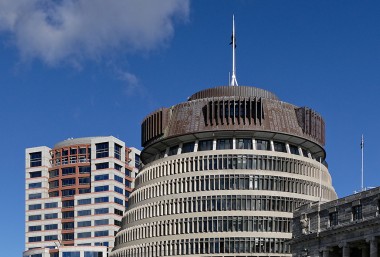New Zealand is drawing closer to implementing the Madrid Protocol, a procedural treaty governing the international registration of trade marks.
The system will be in force in New Zealand by 10 December 2012. It will align our trade mark system with that of our major trading partners who are already members - Australia, United Kingdom, China, United States, Japan and the Republic of Korea.
The new trade mark system will benefit New Zealand businesses with a strong export focus. Currently, Kiwi businesses wanting to protect a trade mark internationally have to file separate national trade mark applications for each country or territory of interest. They must also comply with each country's specific requirements, which include appointing agents in each country, filing in foreign languages and dealing with local trade mark offices. Under the Madrid Protocol system, trade mark owners will be able to file a single international trade mark application in English, through the Intellectual Property Office of New Zealand (IPONZ), and select the countries they want trade mark protection in, as long as those countries are also members of the Madrid system.
If no objections are raised by the trade mark offices of the countries in which protection is sought, there will be no need to appoint local agents. After a specific period of time, the trade mark will simply be deemed registered in these countries.
The Madrid Protocol system has several advantages:
- Cost savings - for the reasons set out above, filing a trade mark using the Madrid Protocol system can potentially lead to significant cost savings, both at the filing stage, but also in overall prosecution costs.
- Subsequent designations in additional countries - once an international registration is in place, it can be extended to any of the other members of the Madrid Protocol not included in the initial filing, even in some cases to new countries as they join the system.
- Simplified maintenance - renewals and the recordal of changes in the ownership of an international mark are done centrally, making the process quick and inexpensive, when compared with the very varied procedures that are required before national trade mark offices.
At this stage 87 countries have signed up to the Madrid Protocol. A number of new countries are expected to join over the next 12-18 months, opening up even further possibilities for New Zealand exporters.
Although filing through the Madrid Protocol will not be suitable in every case, from 10 December 2012 onwards it will certainly be an option to consider whenever a trade mark owner wishes to obtain protection overseas.





